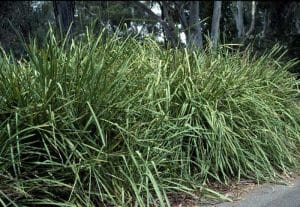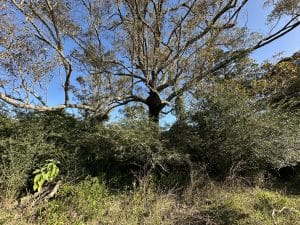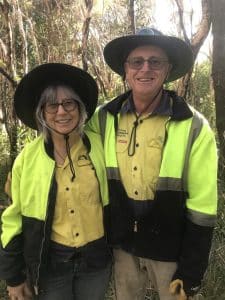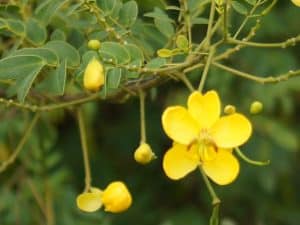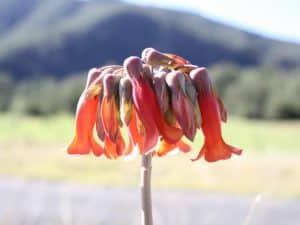
Image- Josh Biddle, NSW DPI
While out and about I’m seeing a lot of Mother of Millions. In this dry, winter phase when our grasses have browned off, the red flowers of this succulent weed stand out. Stock owners should be very aware of the toxicity of this plant as every part is poisonous. Feed is short and animals may be tempted to taste test plants they would normally avoid. Plants can spread from a single leaf hence the name, Mother of Millions. I’ve seen infestations at Burrell Creek, Chatham and opposite the Service Station on Gloucester Road in Wingham.
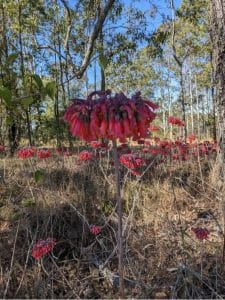
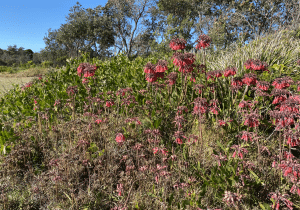
Treatment needs to be very thorough to be effective. Treat small outbreaks as a very high priority, as large infestations are very difficult to treat. Every bit of plant needs to be removed OR you need to cover every plant with “Hot Mix.”
Hand removal is preferable where possible, as the spray mix required for a good kill is highly toxic to nearly all plants and can create a lot of bare ground (the big enemy of healthy land) if not used very carefully, and it is not to be used near waterways or dams.
Start small, start strategic and focus on the good vegetation you want to enhance.
Mother of Millions will usually hand pull quite well, but be very gentle and careful with hand removal, as they can break easily and every fragment is a viable propagule. Shove it all in a bucket, or a chaff bag on your belt, and take it away for deep burial/landfill, or to solarise thoroughly or burn.
Seedlings can be tricky to spot.
A ‘hot mix’ of 200ml Glyphosate 360, 1.5 grams Metsulfuron-methyl and 20 ml of penetrant such as Pulse per 10 litres of water is sufficient to kill Mother of Millions. If you are unexperienced in spraying chemicals on your property and would like more information on how to do this properly and safely, email corinne@midcoast2topslandare.org. If you are a member of a Landcare group you must gain permission and a ChemCert to spray chemicals (I highly recommend Landholders wanting to spray chemicals also complete this course).
Once your chemicals are correctly mixed, do NOT spray large areas at once, spot spray at edges of the patch or the whole of small patches, taking care to avoid any “good” leaf if possible. It can be helpful to do some spray preparation by moving away foliage of good plants or pruning away low branches of native shrubs, or hard pruning native ground cover like Dianella etc that may be in harm’s way.
This mix will destroy just about any plant it gets a good hit on, so be super careful about off-target effects. Start small, and wait a few weeks before returning to follow up or go further.
Do not use this mix near waterways or dams.


